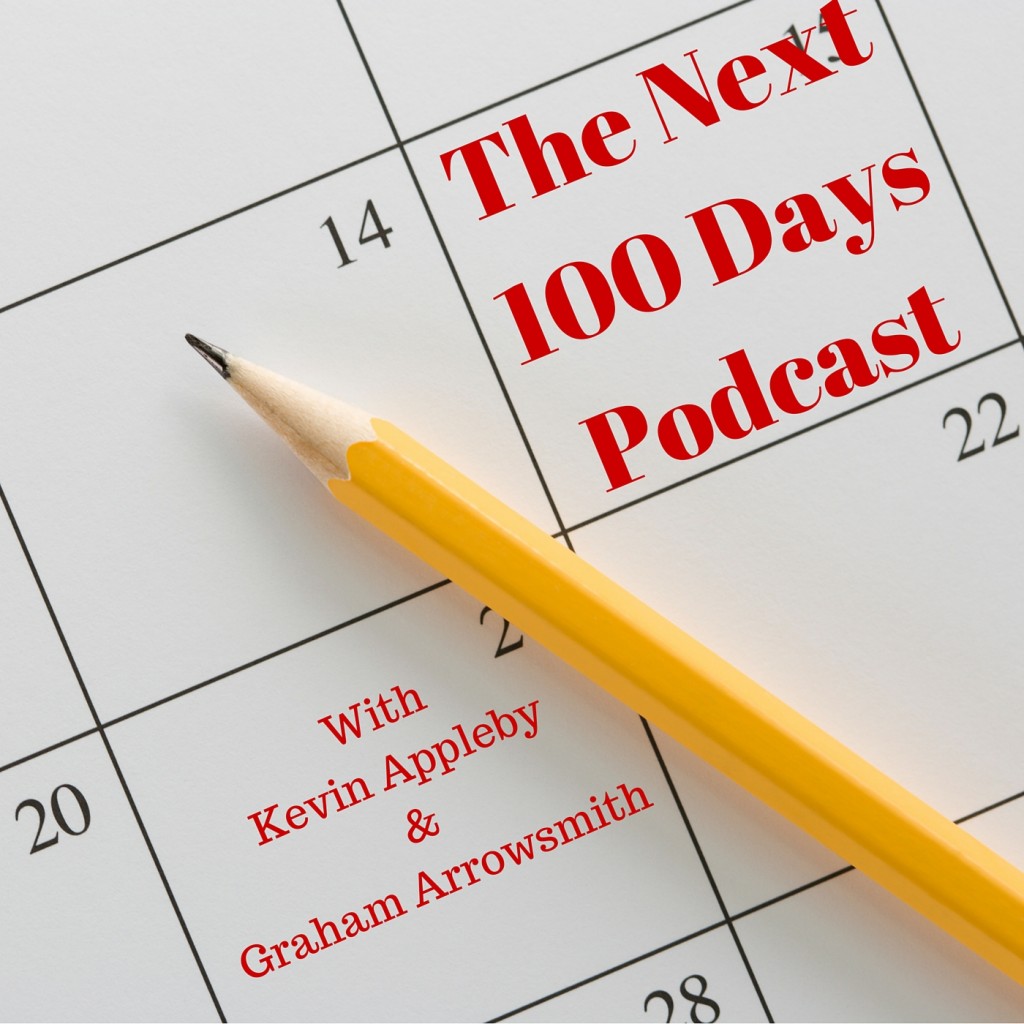IPR for Private Labels with Robert Wright
Today we’re going into the legal space, talking about intellectual property rights (IPR). Robert advises a particularly niche – copyrights and patents for private labels. He focusses on Private Label sellers, because they need to ensure their brands are working for them and they are copyright protected.
Private label products
China has a huge market for the production of private label products. However, there are other markets too, like India or the Philippines.
Robert loves to work with businesses in the early days and to help them choose an easy and interesting brand name. His top tip is be proactive and use IPR as a shield. Have proper rights that are established. When another company infringes, take them down. You know, there’s a reason intellectual property rights exist. You don’t have to be a large company like Lego to take your rights seriously through legal action.
To what extent is IPR law enforceable across the countries in this online market?
The great thing about IPR is that most countries respect trademarks, patents and copyright. Consequently, there’s a series of international treaties that can be leveraged to take your rights seriously.
There’s nothing new under the sun. Whether it’s a logo or a brand, there will be marks of similarity. But, that’s where you go into the analysis of how similar they actually are;
- looks
- sound
- categories of service
- the products
- the types of consumers.
All these things must be considered.
In Suits, there’s a great scene where one character asks an associate what you do when someone pulls a gun on you. The answer isn’t give the money. It’s get out a bigger gun – do the ten other options other than give the money. Robert has this attitude when it comes to cease and desist letters. It doesn’t mean you give up. Maybe you negotiate a license agreement, or a product negotiation. There are other options other than to panic.
Cross-country and IPR for private label
If you’re in the UK and receive a cease and desist letter from the US, which laws take precedence. Well, Robert whips the answer out pretty quickly. It’s the country where you’re selling. IPR are ultimately local. When you sell a product in the States, you open yourself up to US jurisdiction. You have to be mindful, therefore, of those trademarks.
The best adviser will encourage you to move with purpose. Not to register all sorts of things for the sake of it. Timing is everything for intellectual property.
Amazon businesses
To participate in Amazon’s programme, you have to have a registered trademark in the United States. Or, if you want a .co.uk registration, in the UK. It’s really interesting to see how Amazon has invested in brand and trademarks. This is because they have become incredibly sophisticated.
What’s the top three things to know about brand registry development?
- Better Listings
- Video Ads
- Access to a team to report people who are counterfeiting (brand enforcement)
These make it a no-brainer to be part of Amazon’s brand registered membership. If you’re serious about your business, take your business seriously and dig into registered trademarks and copyrights and photographers/retail packaging.
As a profession, Robert doesn’t think legal people are as business friendly as they should be. You shouldn’t lose the legal fierceness, but at the same time it’s often not black and white, especially in IPR for private labels.
Finding clients who want IPR for private labels
When Robert thinks about his own business journey, he was quite naive at the beginning. He tumbled into it really. But, he’s always had an entrepreneurial streak. He sells on amazon so he can understand what his clients are experiencing. His rule of thumb is: if you’re embarrassed to sell it, it’s a good product. He doesn’t want sexy – just something that sells well and fills in need and can be scaled across multiple platforms (sounds a lot like another episode!).
Robert works within his market with authenticity. This is because the more you show that you know what you’re on about, the more people lean in to listen. Give value to get value – be in Facebook groups and provide some advice and point people in the right direction. These processes have been key to Robert growing and establishing his business in a welcoming way. Because, ultimately, creating a brand is hard. Especially brand names. It’s difficult to come up with something and ensure its individuality. As a result, offering a bit of free value has helped build trust with his prospects.
If you’re interested in protecting your private label on Amazon or just online, click here.




